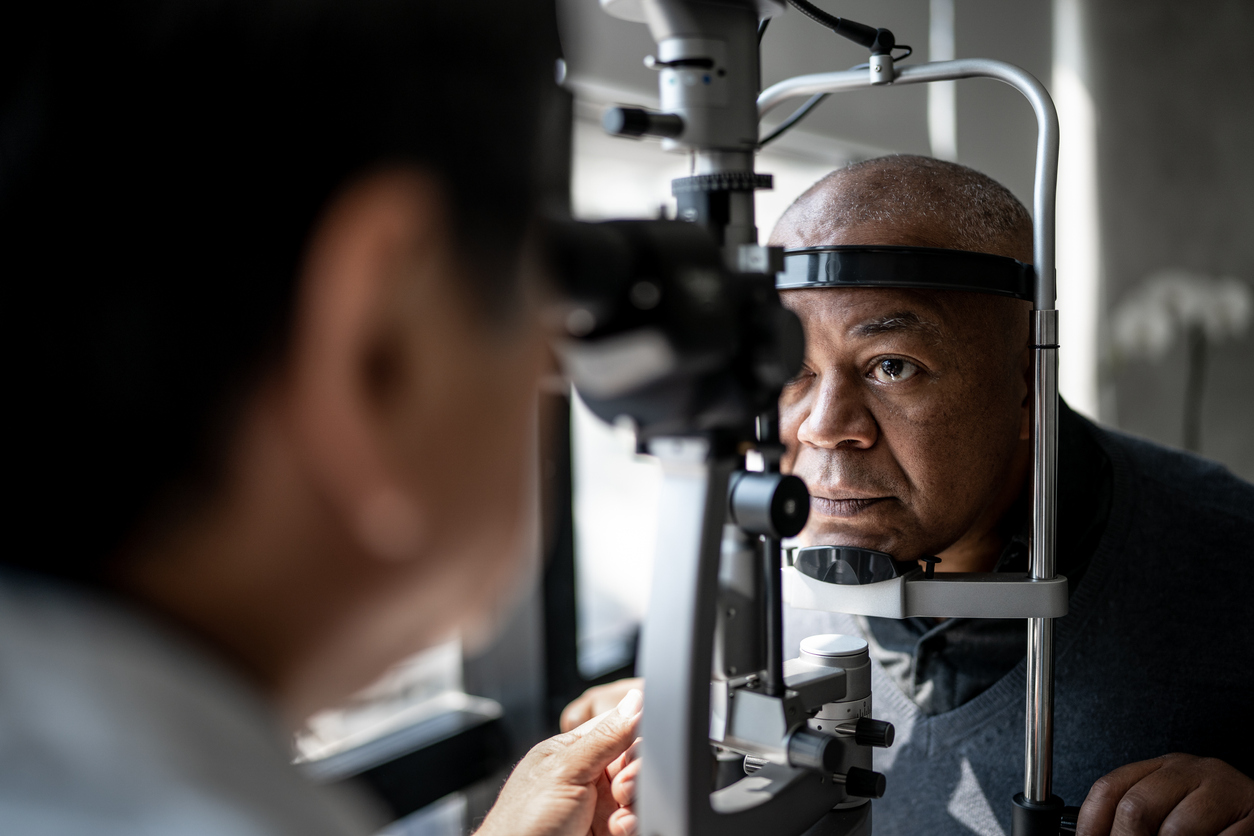The study was done to investigate the travel burden and its impact on clinical presentation in a large sample of patients with retinoblastoma from Africa and Europe.
518 treatment-naïve patients with retinoblastoma residing in 40 European countries and 1024 treatment-naïve patients with retinoblastoma residing in 43 African countries were analysed.
Capture rate was 42.2% of expected patients from Africa and 108.8% from Europe. African patients were older (95% CI −12.4 to −5.4, p<0.001), had fewer cases of familial retinoblastoma (95% CI 2.0 to 5.3, p<0.001) and presented with more advanced disease (95% CI 6.0 to 9.8, p<0.001); 43.4% and 15.4% of Africans had extraocular retinoblastoma and distant metastasis at the time of diagnosis, respectively, compared to 2.9% and 1.0% of the Europeans. To reach a retinoblastoma centre, European patients travelled 421.8 km compared to Africans who travelled 185.7 km (p<0.001). On regression analysis, lower-national income level, African residence and older age (p<0.001), but not travel distance (p=0.19), were risk factors for advanced disease.
The study concluded that fewer than half the expected number of patients with retinoblastoma presented to African referral centres, suggesting poor awareness or other barriers to access. They presented with later-stage disease. Health education about retinoblastoma is needed.
Reference: https://bjo.bmj.com/content/early/2020/09/15/bjophthalmol-2020-316613


